You’re More Qualified Than You Think: A CEO’s Guide to Beating Impostor Syndrome
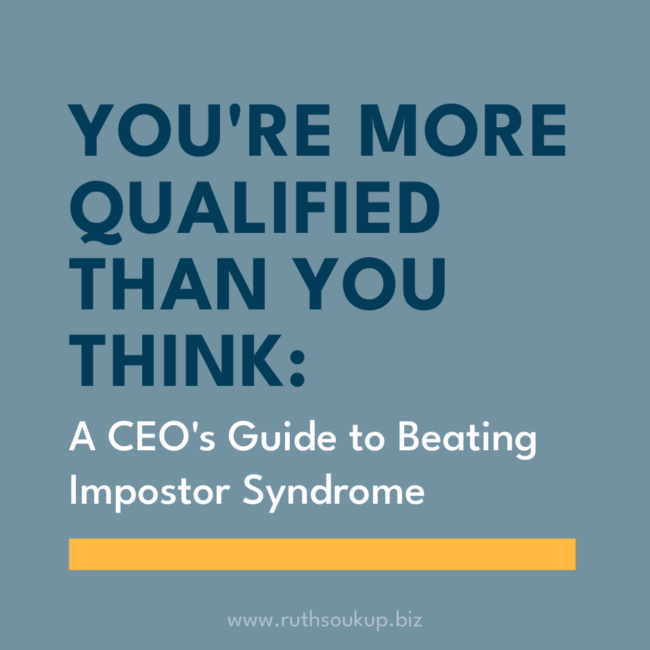
When Success Starts to Feel Like a Fluke
You’ve launched the thing. You’ve made the sales. You’ve crossed the six-figure line—and maybe even broken $300K or $500K.
So why does it still feel like someone’s going to find you out?
Why do you hesitate before raising your prices…
Or second-guess every decision you make…

You’re Not Meant to Scramble for Sales
There’s a difference between having a business… and having a business that actually supports your life.
The Daily Sales Incubator is where entrepreneurs step into the next level—where sales become consistent, confidence returns, and momentum finally sticks.
Every conversation moves your business forward.
Every action builds trust.
Every day brings in revenue.
If you know you’re meant for more, this is your next step.
Or feel like you need “just one more course” before you’re really legit?
That, my friend, is impostor syndrome—and let me tell you something that might surprise you: it doesn’t magically disappear when your business grows.
In fact, for high-achieving women like us, it often gets even louder the more successful you become.
And it’s not just annoying. It’s downright dangerous.
Because if you don’t learn how to lead yourself through it, impostor syndrome becomes the #1 bottleneck in your business. Period.
In this post, I’m going to walk you through:
- Why impostor syndrome hits hardest after you succeed (not when you’re starting out)
- The 4-part mindset shift I teach my Powerhouse clients to lead with belief (not fear)
- How your identity as a CEO shapes every system, sale, and strategy you implement
Let’s fix the real issue behind your stuckness.
Impostor Syndrome Doesn’t Live at Zero—It Thrives at $500K
Let’s bust a myth right now: Impostor syndrome is not a beginner problem.
It’s a high-achiever problem. YOUR problem.
If you’re reading this, chances are you’re already doing well. Your revenue is real. You’ve built something that works. Maybe you even have a team, a signature program, or an evergreen funnel.
But what no one tells you is this:
The more your business grows, the more your role shifts—and that shift is where impostor syndrome explodes.
When you move from hustling solopreneur to actual CEO, everything changes:
- Your team looks to you for decisions.
- Your customers expect clarity and direction.
- You start playing with bigger numbers—and bigger consequences.
And suddenly, all the confidence you felt while launching your course the first time vanishes into thin air.
This is the part no one prepares you for. But I’ve been there.
My $300K Breakdown (And What It Taught Me)
I’ll never forget the year we hit $300K at Ruth Soukup Omnimedia.
I should’ve felt proud. Validated. Accomplished. But instead, I panicked.
I questioned everything—my pricing, my funnel, my content strategy. Even whether I deserved to be calling myself a business coach.
Even though the numbers were up, I felt completely unqualified to keep it going. The pressure of growth revealed every crack in my confidence.
Here’s what I realized after weeks of spiraling: It wasn’t my strategy that was broken. It was my identity.
You can’t scale what you don’t believe you deserve.
That was the moment I stopped trying to fix my business tactics… and started learning how to lead it like the CEO I needed to become.
The REAL CEO Method: The Mindset Shift That Changes Everything
So how do you get past impostor syndrome without falling into toxic positivity or just “thinking happy thoughts”?
You implement this 4-step belief framework I now teach inside Powerhouse. It’s called the REAL CEO Method:
1. Recognize the Voice
That inner narrative that says:
- “You’re not ready.”
- “She’s more legit than you.”
- “You’re just winging it.”
It’s not reality. It’s fear.
You have to recognize it—not ignore it. Journal it. Say it out loud. Tell a mentor.
Clarity begins with awareness. You can’t rewire thoughts you won’t name.
ACTION STEP: Start by writing down every recurring fear thought. Label them “Fear” or “Fact.” You’ll be shocked how many fall into the first category.
2. Evaluate the Evidence
Now it’s time to get factual.
Impostor syndrome thrives in vague emotion. But your business? It runs on data.
Ask yourself:
- Have I helped real clients get real results?
- Do I have a validated offer that people actually buy?
- Are people paying me for my expertise (not once, but repeatedly)?
- Am I still standing despite the challenges I’ve faced?
If yes, you’re not an impostor. You’re a practitioner. You’ve earned the right to lead.
Mini Checklist: ✅ Client results documented ✅ Revenue earned (monthly + annual) ✅ Repeat buyers or referrals ✅ Systems built (even if messy)
Still feeling like a fraud? Look at that list again. Effort without strategy is a waste—but the effort you’ve put in has already created proven results.
3. Align With the Identity You’re Growing Into
This is where it gets powerful.
The CEO version of you that scales to $1M? She doesn’t hustle harder. She leads differently. She doesn’t react to problems. She designs solutions.
That means making decisions as her, not waiting until you feel worthy.
Start asking:
- “What would $1M Me do here?”
- “How would she show up to this call?”
- “What would she delegate, automate, or delete?”
This is identity-based leadership. And it’s the secret to every breakthrough I’ve ever had.
When I was stuck at $500K in my business, I didn’t need more tactics. I needed to stop being the bottleneck. I needed to start thinking and acting like the CEO of a million-dollar company—even when I still felt like an imposter.
4. Lead Anyway
Confidence isn’t the goal. Ownership is.
There will always be fear. There will always be unknowns. But the CEOs who scale sustainably are the ones who show up anyway.
Because effort without belief leads to burnout. But effort with belief? That’s when momentum kicks in.
You don’t need to feel confident to lead—you just need to decide. And the more you lead, the more confidence follows.
If I waited until I felt “ready” to write my New York Times bestseller or launch Thinlicious or create Powerhouse, I’d still be a mommy blogger making $40K a year.
Client Case Study: From “Fraud” to Firestarter
Let me introduce you to “Lauren.” (Not her real name.)
Lauren joined Powerhouse after scaling her life coaching business to $280K. She had a best-selling course, a growing email list, and an audience that loved her content.
But behind the scenes?
She was second-guessing everything. She kept tweaking her offers. Rewriting her sales pages. Pivoting her content strategy weekly.
Why? Because she didn’t believe she deserved the level of success she already had.
After 90 days inside Powerhouse, here’s what changed:
- She stopped apologizing for her prices and 2Xed her revenue.
- She implemented an evergreen sales system that sold her program daily—without new launches.
- She hired her first real team member, delegated onboarding, and finally took Fridays off.
But the biggest shift?
She started thinking like a CEO. She started believing she was one.
And when your belief changes, your business follows.
Impostor Syndrome Is the Real Bottleneck
When you’re stuck in self-doubt, here’s what happens:
- You don’t delegate (because “no one can do it like me”).
- You don’t streamline (because “it’s not good enough yet”).
- You don’t scale (because “who am I to lead at that level?”).
Sound familiar?
Impostor syndrome doesn’t just cost you confidence. It costs you time, energy, and money.
And if you don’t confront it, it shows up in every decision you avoid, every funnel you never finish, every team member you fail to hire.
You are the bottleneck. Not because you’re not good enough. But because you don’t believe you are.
Time to fix that.
The Confidence Flywheel (Visual Framework)
Here’s how belief turns into revenue:
→ Clarity on your identity → Ownership of your expertise → Decisiveness in your actions → Momentum in your systems → Results that reinforce your belief
Then the flywheel turns again.
This is the real evergreen engine. And it starts in your mind.
Systems create freedom—but only when you believe you deserve that freedom.
You’re Not Stuck. You’re Scaling.
If you’ve made it this far, here’s what I want you to take with you:
You’re not behind. You’re not a fraud. You’re just overdue for an identity upgrade.
And once you believe that, everything else—your funnel, your team, your content—will start to click into place.
Because the real seven-figure shift isn’t a better ad or a viral reel. It’s you stepping into the CEO your business is waiting for.
Frequently Asked Questions
What is impostor syndrome in business—and why does it hit harder at six or multiple six figures?
Impostor syndrome in business is the internal belief that your success is accidental or undeserved—even when your numbers prove otherwise. It often intensifies after you’ve hit real milestones (like $250K–$500K in revenue), because as your business scales, so does your visibility, your team, and your responsibility. You stop executing and start leading—and that shift can feel terrifying without the right mindset infrastructure in place.
I’ve already made six figures. Shouldn’t impostor syndrome be gone by now?
Actually, no. That’s the myth. Impostor syndrome doesn’t live at zero—it thrives at $500K. Why? Because you’re no longer hustling alone. Now you’re managing people, making bigger decisions, and playing at a higher level. It’s not about whether you’re “qualified enough”—it’s about whether you believe you are.
Can impostor syndrome really affect how fast I scale?
Yes—massively. If you’re second-guessing every decision, tweaking your funnel every week, or rewriting your sales page 20 times, that’s not strategy—it’s self-sabotage. Impostor syndrome is the silent bottleneck that keeps you stuck. It doesn’t just cost confidence. It costs time, momentum, and revenue.
How do I know if it’s impostor syndrome vs. a real business issue?
Here’s a quick litmus test:
- Are people paying you?
- Are clients getting results?
- Have you built systems that work (even if they’re messy)?
If yes, your business is functioning—but your identity as a CEO hasn’t caught up. That’s not a strategy issue. That’s impostor syndrome whispering lies. And it’s time to get louder than the voice of fear.
What’s the best way to overcome impostor syndrome as a high-achieving entrepreneur?
You don’t “overcome” it—you lead through it. Inside Powerhouse, we use the REAL CEO Method:
- Recognize the Voice (name the fear)
- Evaluate the Evidence (check the facts)
- Align with Your Future Identity (act like the version of you who’s already at $1M)
- Lead Anyway (take action without waiting to feel ready)
Confidence isn’t the requirement—it’s the result of leading with ownership.
How does impostor syndrome show up in my team or systems?
It’s sneaky. You might:
- Avoid delegating (because “no one can do it like me”)
- Delay streamlining (because “it’s not perfect yet”)
- Resist scaling (because “who am I to lead at that level?”)
If your team feels stagnant, your content inconsistent, or your systems chaotic—it’s often not about tools or templates. It’s about belief. You are the bottleneck—but you don’t have to stay there.
Is there a program that helps me scale while addressing my mindset?
Yes—Powerhouse was built for exactly this. It’s not just about funnels and offers (although we fix those too). It’s about helping already-successful women shift their identity from solopreneur to CEO. You’ll get strategy, systems, and mindset support designed to scale your business and free your time—without more burnout.
What’s the next step if this post really hits home?
Your Next Move: Firestarter
If this post hit you in the gut (and I’m guessing it did), here’s what I want you to do next:
🔥 Watch my free Firestarter Training →
Inside, I’ll show you:
- The exact Evergreen Ecosystem I use to scale without burnout
- How impostor syndrome sabotages your funnel (and how to fix it)
- The 3 simple tweaks to build a scalable system that sells every day
Thousands of women have used this framework to clarify their offers, simplify their systems, and scale to 7 figures—without 60-hour weeks or ad burnout.
You can too.
Because you’re already qualified. Now it’s time to believe it—and lead like it.
The truth is, scale smarter, live better isn’t just a catchy phrase. It’s what happens when you finally step into the CEO role your business deserves.


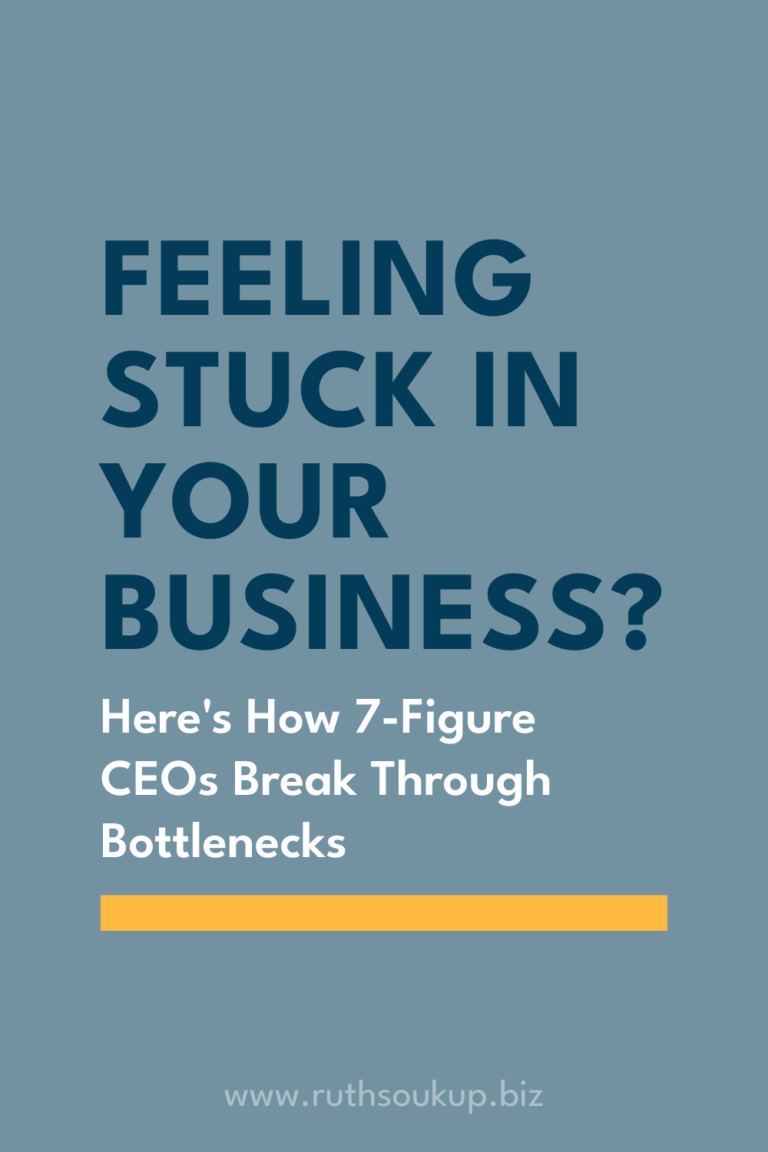
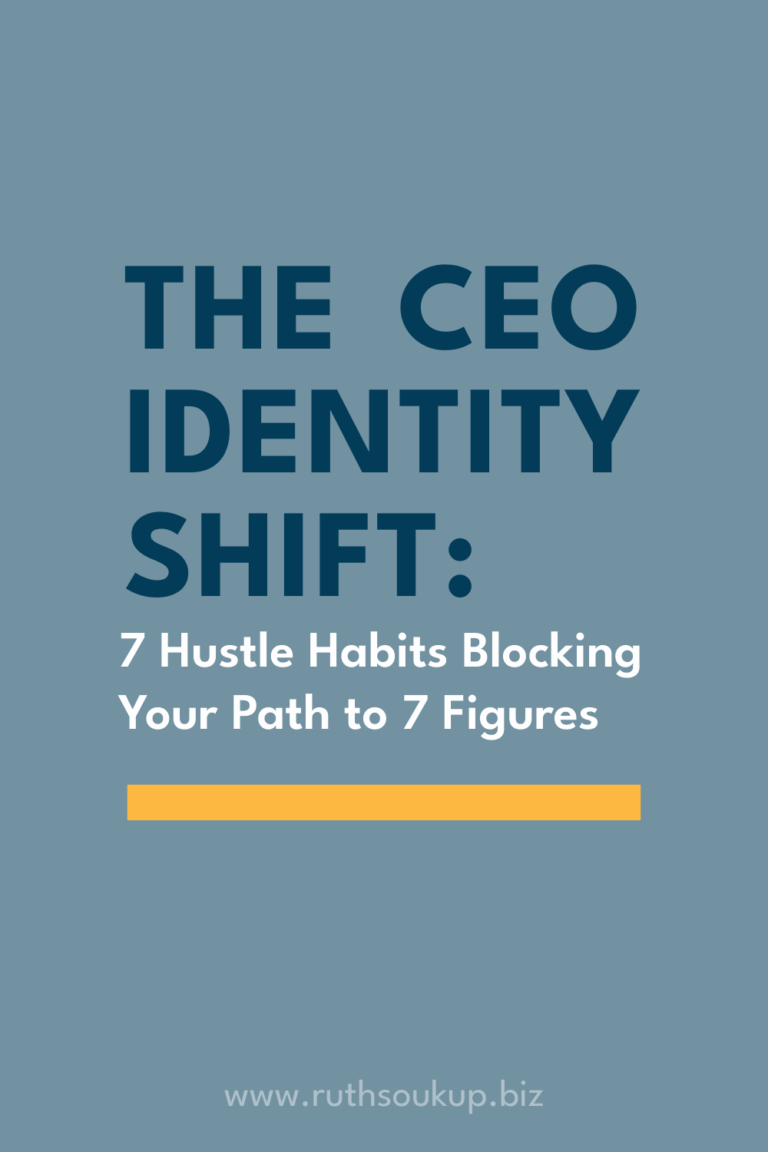
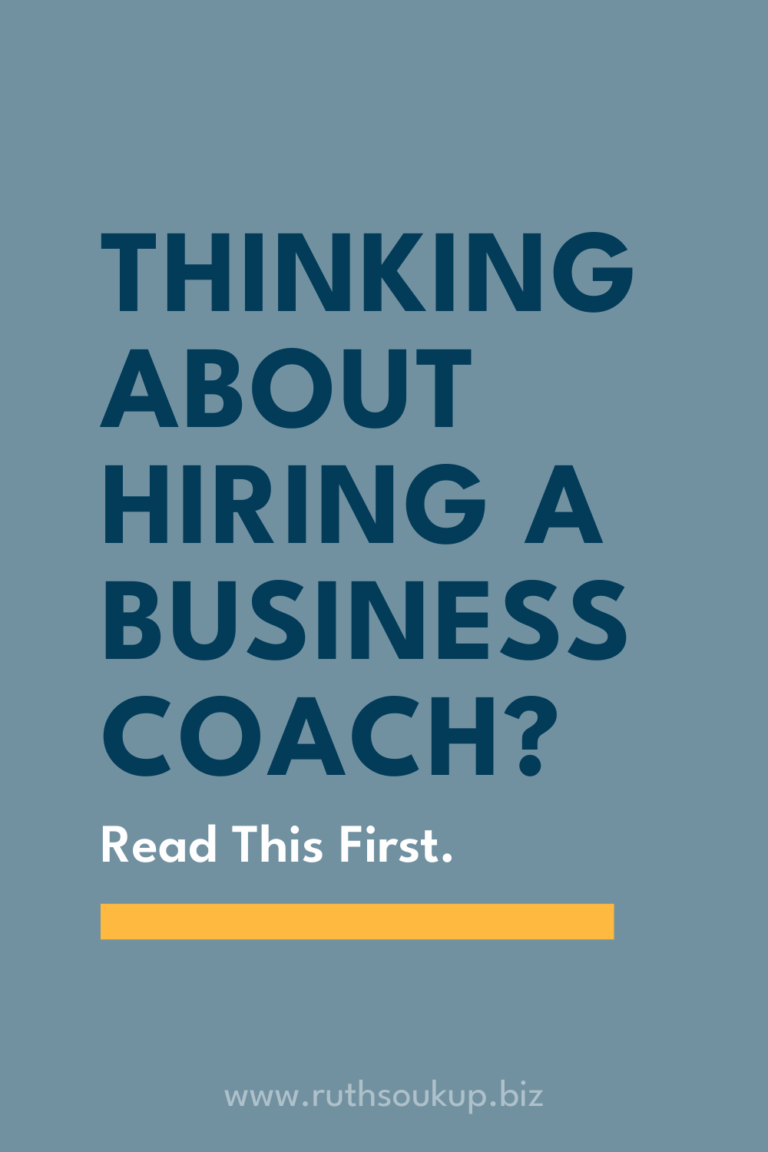

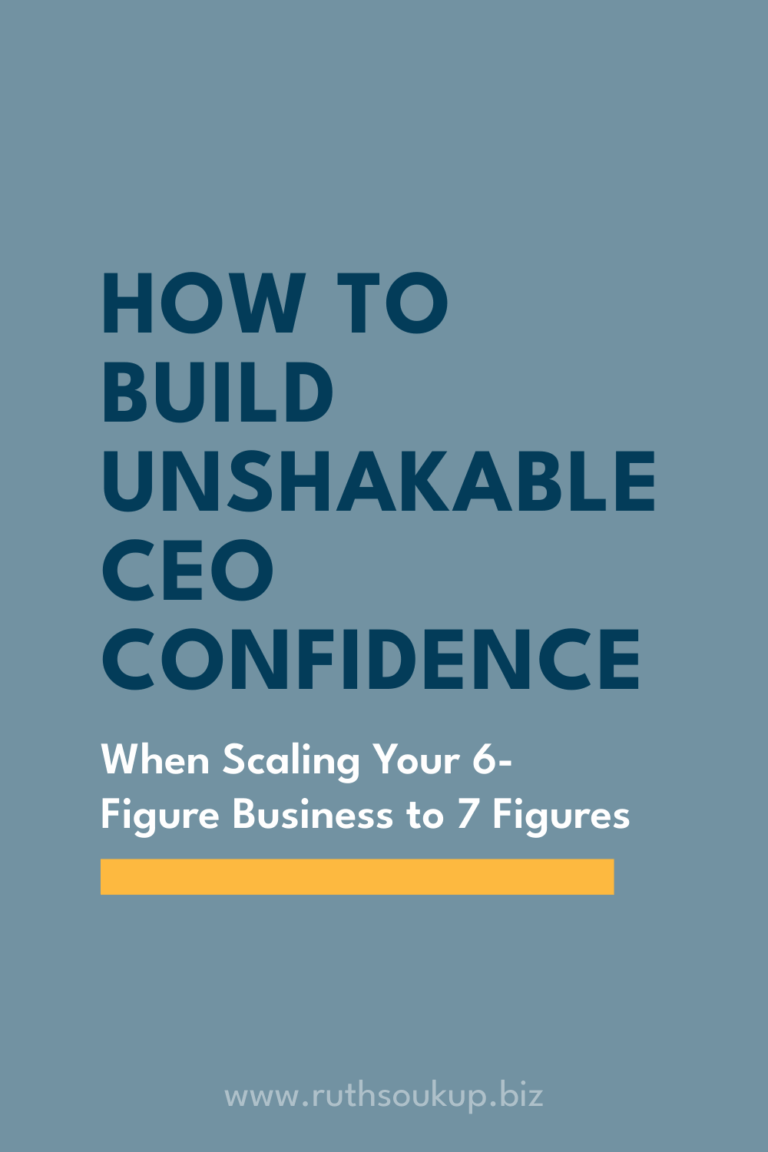
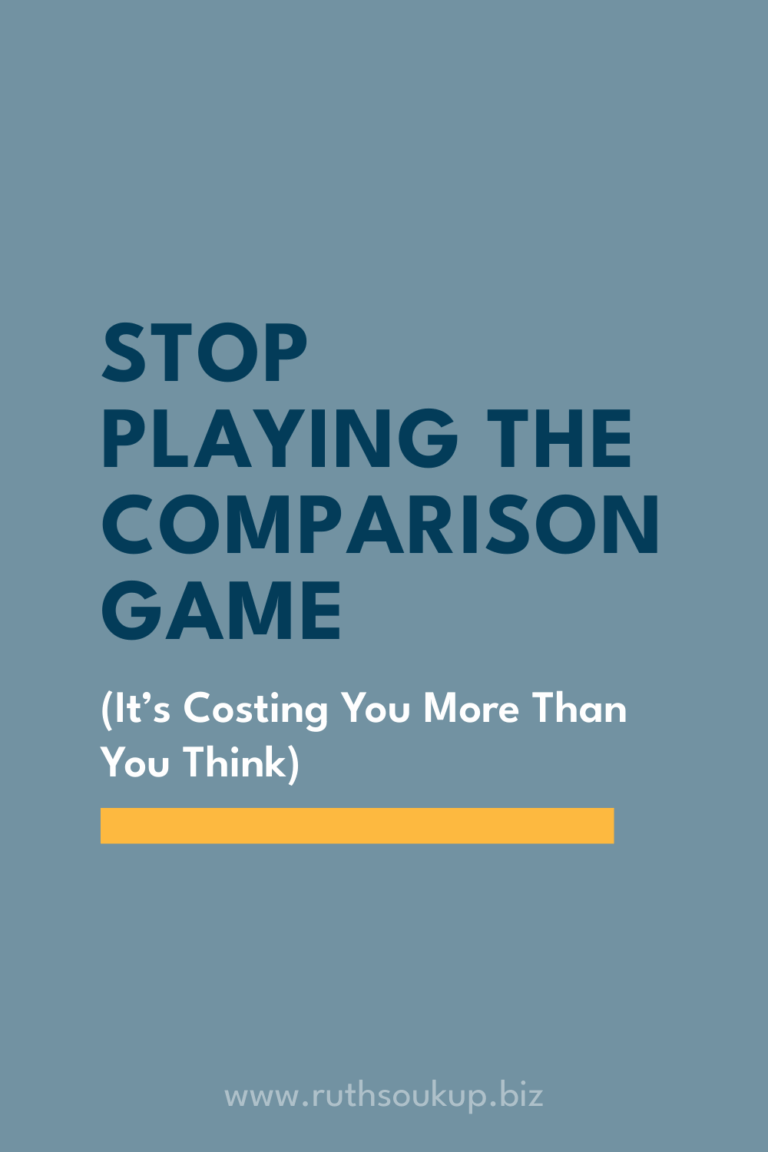
Courage, you just wrote courageously you a truly no impostor! Wishing more people would write honestly and truthfully from their heart.
Thank you for this. I am building my blog right now and even enrolled on EBA. This stuff is really real. Since English is not my first language and I have been speaking it for about 5 years now I have the worse feelings you can imagine about having and building a blog but I am taking the risk and will see where it all will go. Thank you!
I read your blog and must admit part of it I have struggled with and part of it I have not. I always don’t feel “good enough” for getting the opportunity to speak or write but that’s the devil. He wants us to not feel good enough. But when I get up each morning and write my blog and when I get opportunities to speak to women’s groups and when someone buys my devotional, I know that God is pointing me in the right direction and blessing me. I don’t always know each morning what I am going to write about so if I wake up and don’t know which direction to go, I just say “Lord help me know what you want me to write about today”. I always take something ordinary and try to connect it with a positive thing – most of the time from the spiritual perspective. I tell you all this because I want you to know that you’re not imposter. You are doing exactly what you have been called to do and if you decide that you’re not doing that, then reign it in and get back on track. But don’t let the devil or jealous naysayers put out your flame. I love that story of Amy at Princeton. She’s an inspiration………and so are you!! Keep up the good work!
I love this thank you! It’s so hard when you’re first starting out not to feel this way. I can really relate to the idea that it’s not about being an expert but about being yourself. I have to remember that when I’m feeling a bit overwhelmed.
I often find myself staying quiet, not speaking up, because I feel like everyone has already said everything there is to say! Or I might make myself look uneducated, etc…Thanks for this post! I’ve been thinking about authenticity all year, because I realized that my favorite blogs and channels are very obviously authentic. Something for me to keep in mind.